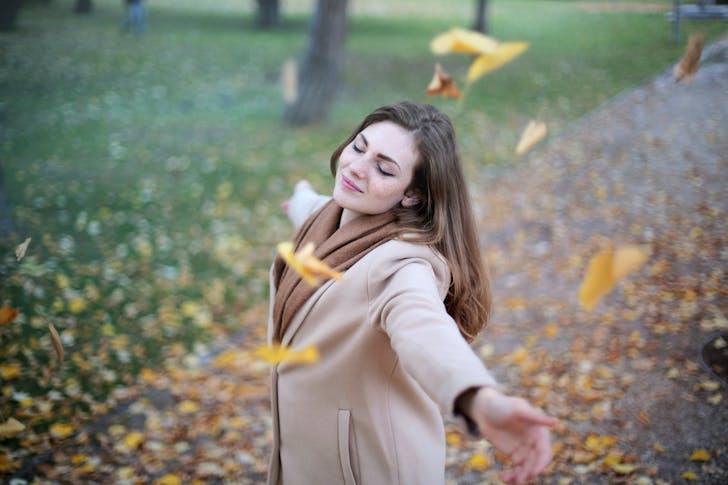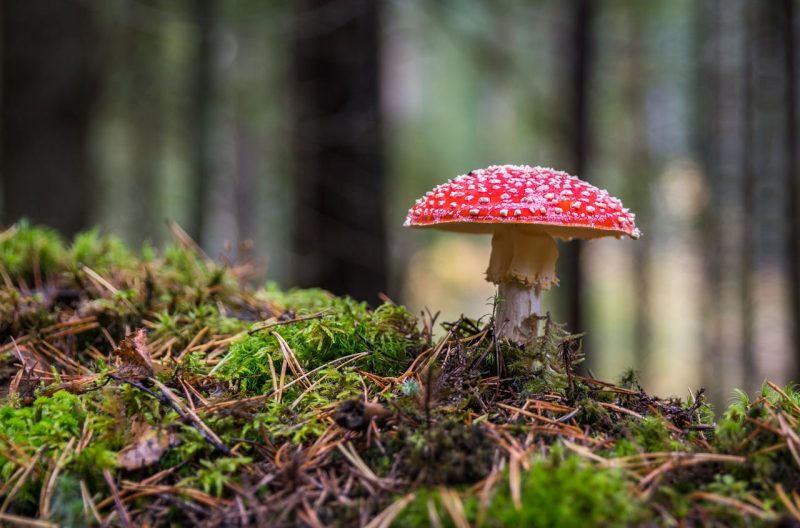A new study says magic mushrooms and mindfulness might be the mental health duo we didn’t know we needed. Researchers at the University of Utah's Huntsman Mental Health Institute found that when paired together, these two tools helped frontline healthcare workers fight off depression and burnout.
The study looked at a small but deeply affected group: doctors and nurses who worked directly with COVID-19 patients. After years of stress, fear, and exhaustion, many were struggling. The researchers wanted to try something different, something that could offer real, lasting relief.
What the Study Found?
They tested two methods. One group took an eight-week mindfulness course, known as Mindfulness-Based Stress Reduction, or MBSR. The other group did the same program but also took a single 25 mg dose of psilocybin, the active ingredient in magic mushrooms, during week six.
The psilocybin session happened in a safe, supervised, group therapy setting.

Olly / Pexels / The results were surprising. Just two weeks after the treatment, nearly half of the psilocybin-plus-mindfulness group showed no signs of depression.
In the mindfulness-only group, that number was just 8%. That is a massive difference. The combination approach more than doubled the improvement in depression scores.
What Changed for Participants?
But it wasn’t just about depression. People who took psilocybin also reported feeling less emotionally drained. They said they felt more connected to themselves and to others around them. This matters because burnout is more about feeling numb, disconnected, and hopeless. This combo helped bring some of those feelings back into balance.
The researchers didn’t stick to the usual one-on-one therapy model. They used a group setting for the psilocybin session, and it worked well.
Everyone was supported, and no one experienced any serious side effects. This approach could make treatments like this cheaper, easier to access, and more scalable in the future.
Still, the team behind the study isn’t calling this a cure just yet. They are excited, but they are also cautious. Only 25 people were in the trial. Most were similar in age, background, and experience. Also, by the six-month mark, the benefits weren’t as strong as they were right after the treatment.
That means the effects may fade with time, and more work is needed to understand how to make the benefits last longer.

Voit / Pexels / Per the study, psilocybin, when combined with mindfulness, could be a powerful new way to treat depression and burnout.
This is especially true for people who have been through serious emotional trauma, like healthcare workers during the pandemic.
Mindfulness is Equally Important
This study also reflects a growing interest in psychedelics for mental health. Psilocybin is being looked at more seriously now, with other trials already underway for depression, PTSD, and anxiety. For a long time, these substances were dismissed or even banned, but researchers are giving them a second look.
Mindfulness, on the other hand, has been around for centuries. It is simple, safe, and proven to help reduce stress. But for some people, especially those dealing with deeper trauma or depression, mindfulness alone might not be enough. That is where psilocybin might add the spark, helping people break through emotional blocks and reconnect with themselves.
However, what makes this combo special is that it doesn’t just numb the symptoms. It seems to create a shift. People aren’t just feeling less sad or tired. They are feeling more aware, more present, more human. And in a world where burnout is rising fast, that kind of change could make all the difference.















